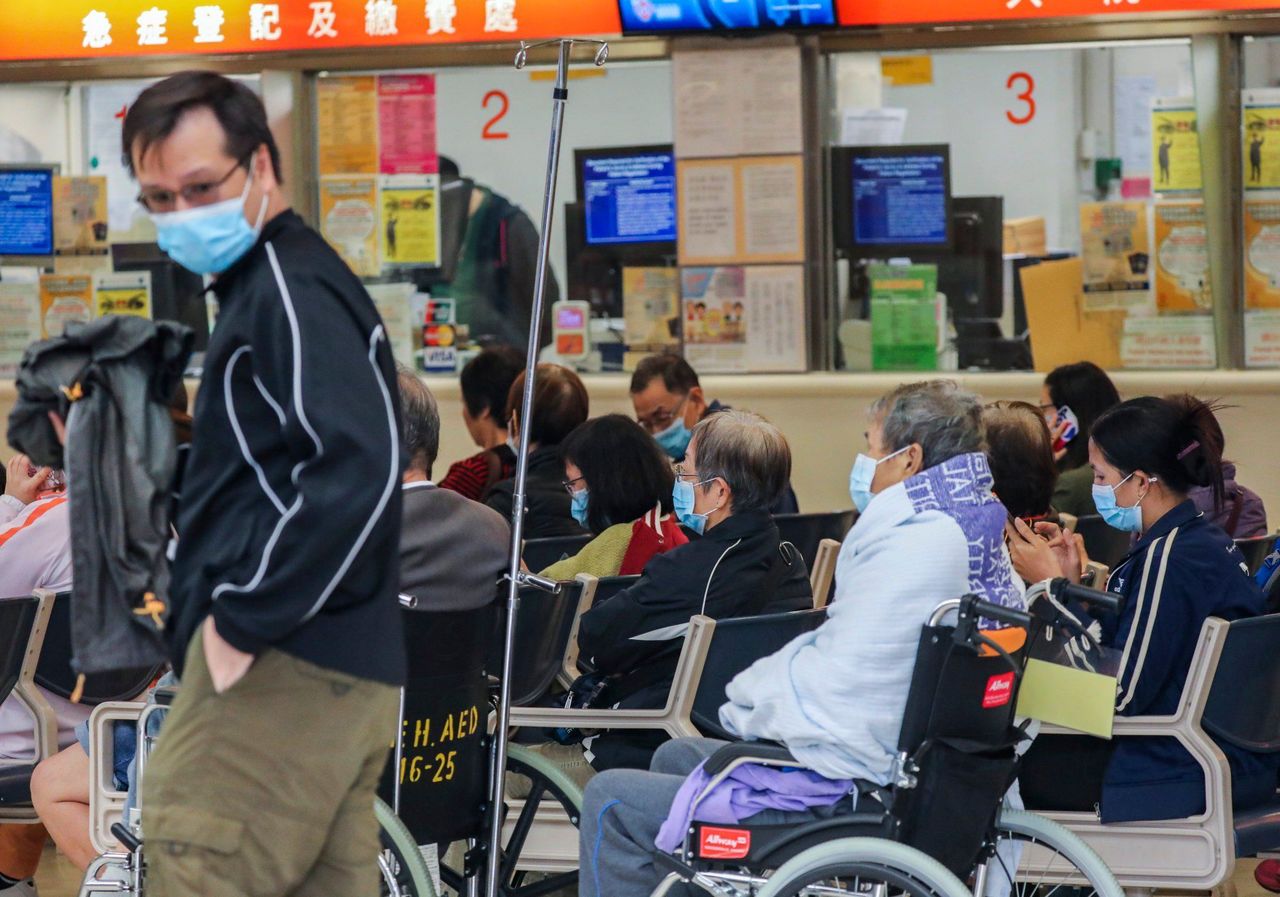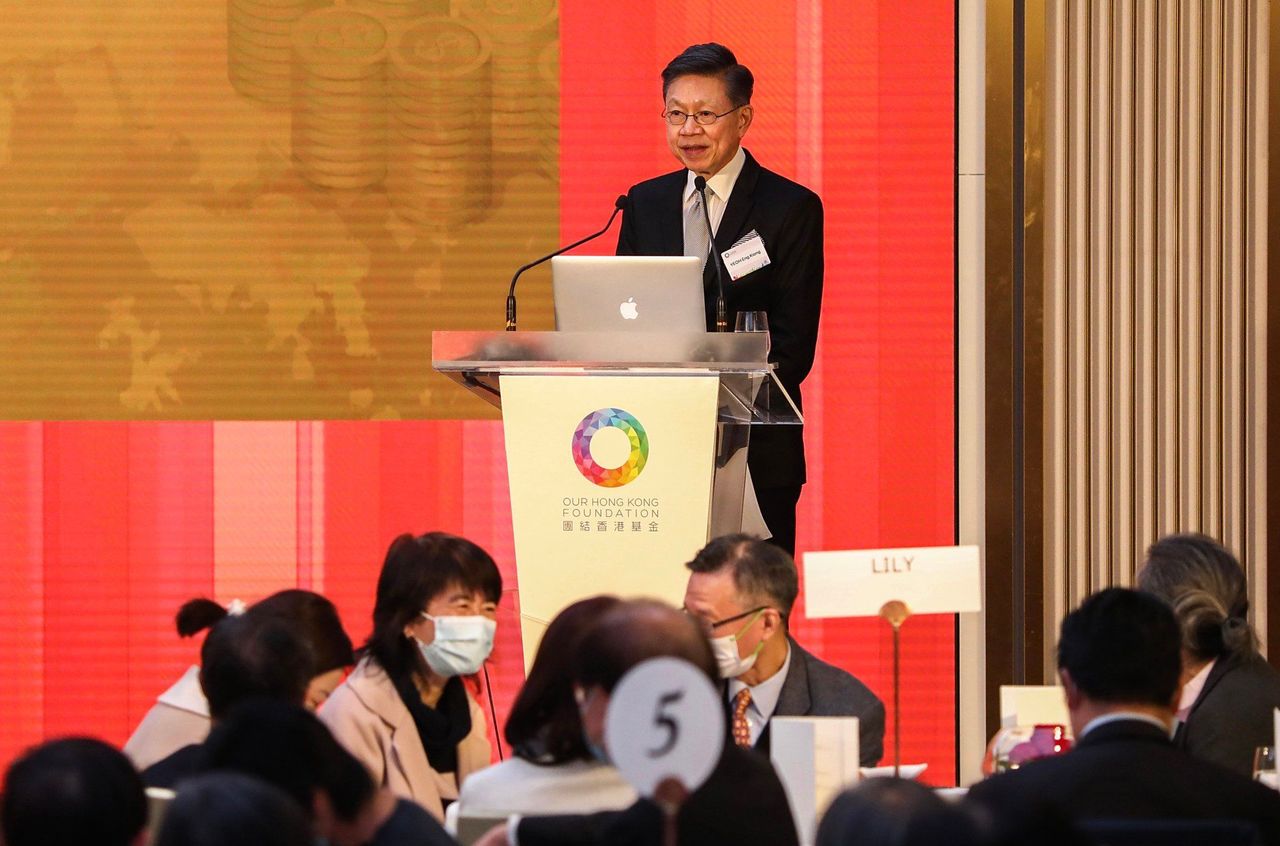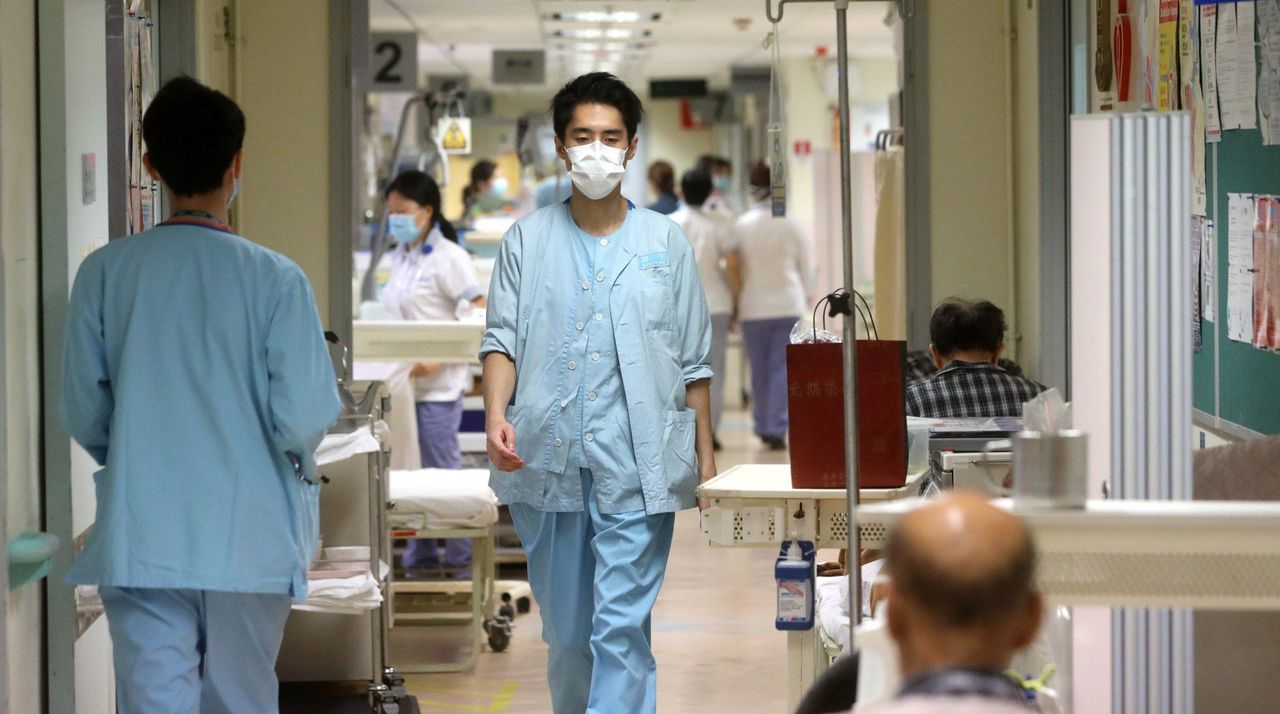Hong Kong News

Hong Kong group proposes scheme to screen residents for chronic diseases
A targeted medical voucher scheme should be introduced in Hong Kong so that residents can be screened for chronic diseases and receive subsidies based on their medical needs, a think tank has said.
Our Hong Kong Foundation claimed in a report released on Monday that the move would help save at least HK$12.5 billion (US$1.6 billion) in expenses over 30 years.
But the operator of the city’s public hospitals said such a scheme could increase workload and put a strain on the health care system if manpower and financing issues were not addressed.
The think tank founded by the city’s first post-handover leader, Tung Chee-hwa, said the scheme would “alleviate pressure on public hospitals and curb health care costs”, and encourage early detection and management of common chronic diseases.
 The city’s elderly are each given a medical voucher worth HK$2,000 every year to use on public and private health care.
The city’s elderly are each given a medical voucher worth HK$2,000 every year to use on public and private health care.
At present, residents aged 65 and above are each given a medical voucher worth HK$2,000 (US$257) every year to use on public and private health care.
Chief Executive Carrie Lam Cheng Yuet-ngor announced in her policy address in October plans for a comprehensive review of the city’s primary health care system to create a blueprint for its sustainable development. One area targeted for review is health financing and procurement of services to deliver the best results.
But Hospital Authority chairman Henry Fan Hung-ling said the scheme could add strain to the public health care system, making it difficult to maintain the standard of service being provided.
Fan proposed instead a division between the various tiers of health services, adding that primary health care responsibilities should fall on the private sector.
“If they keep on changing and giving us more work, we’ll have manpower problems and a lot of other issues,” he said. “So I think it’s good to split up primary care, and secondary and tertiary care. The government is doing the primary care blueprint. I hope the blueprint is going in that direction.”
To cater to an expanded primary health care system, the government needed to address the authority’s financing and manpower issues, Fan added.
 The think tank’s report was helmed by Professor Yeoh Eng-kiong.
The think tank’s report was helmed by Professor Yeoh Eng-kiong.
The think tank’s report was helmed by Professor Yeoh Eng-kiong, director of the JC School of Public Health and Primary Care at Chinese University and a former health minister.
Speaking at the foundation’s symposium devoted to the report, Lam vowed to press ahead with more research on promoting primary health care and exploring the possibility of public-private partnership across the border.
Lam said the government had adopted a funding formula to calculate recurrent subvention to the authority, taking into account demographic changes.
“As a result, recurrent subvention to the Hospital Authority this year amounts to HK$80.7 billion, which represents a 45 per cent increase over that of 2017-18,” she said.
The foundation said Hong Kong’s primary health care structure was still underdeveloped, with a segmented public-private service delivery system which “is no longer fit to meet emerging health care needs of a rapidly ageing population”.
 The foundation argues Hong Kong’s primary health care structure is still underdeveloped.
The foundation argues Hong Kong’s primary health care structure is still underdeveloped.
According to recently released census figures, the number of people aged 65 and over in mid-2021 was more than 1.43 million, or 19.3 per cent of the total population, and is expected to surge to 31 per cent by 2036.
A government survey showed some 1.8 million people, accounting for 24 per cent of the city’s total population, had chronic diseases that required treatment, consultation or medication.
Under the proposed scheme, fully subsidised screenings for residents are provided for three common conditions covering hypertension, diabetes and hyperlipidemia. The think tank suggested rolling out a pilot programme first targeting the 45-54 age group.
“By focusing on early detection of disease through screening and well thought out management services in community settings, the scheme is designed to alleviate pressure on public hospitals and curb health care costs,” it said.
The report indicated that the government needed to study the potential for subsidising or creating a co-payment schedule to help those with financial difficulties manage their chronic conditions.
It said economic analyses for only diabetes-related care indicated that the medical system could save HK$12.5 billion on related expenses over 30 years for those in the 45-54 age group and could prevent about 47,000 premature mortalities due to diabetes.
The government’s total spending on health is set to rise from HK$98.3 billion in this financial year, to HK$115.8 billion in 2021-2022.
Hong Kong residents have access to comprehensive government health care. Anyone with a Hong Kong identity card, regardless of whether he or she is a permanent resident, and children with residential status, pays a flat fee of HK$100 for a visit to the emergency ward of a public hospital.











